A healthy diet is essential for overall wellness, but including certain foods can give an extra boost to your health. These medicinal food classes have some elements that can help fight harmful bacteria, improve gut health, and more.
If you’re looking for ways to boost your health and improve your overall well-being, incorporating foods with medicinal elements into your diet is a great place to start.
For medicinal food classes, here are some of the top benefits that these nutrient-rich foods can offer
- Better digestion
Foods with medicinal properties can help to stimulate the production of digestive juices and enzymes, which aids in the breakdown of food and the absorption of nutrients. This can lead to better overall digestion and reduced symptoms of indigestion, such as bloating, gas, and stomach pain.
- Improved immune function
Many medicinal foods are rich in antioxidants, vitamins, and minerals that help to support a healthy immune system. By incorporating these foods into your diet, you can help ward off colds and other infections.
- Reduced inflammation
Inflammation is a natural process that occurs when the body’s tissues are damaged or injured. However, chronic inflammation can contribute to a number of health problems, such as heart disease, arthritis, and asthma. Luckily, many medicinal foods have anti-inflammatory properties that can help to reduce chronic inflammation throughout the body.
- Improved brain function
Medicinal foods can also have positive effects on cognitive function and brain health. For example, omega-3 fatty acids found in fish oil have been shown to promote healthy brain development and protect against age-related cognitive decline.
In addition, eating these foods can help you achieve optimal health.
Garlic: Garlic has natural antibiotic properties that can help fight harmful bacteria. It is also prebiotic, meaning it helps promote the growth of healthy gut bacteria.
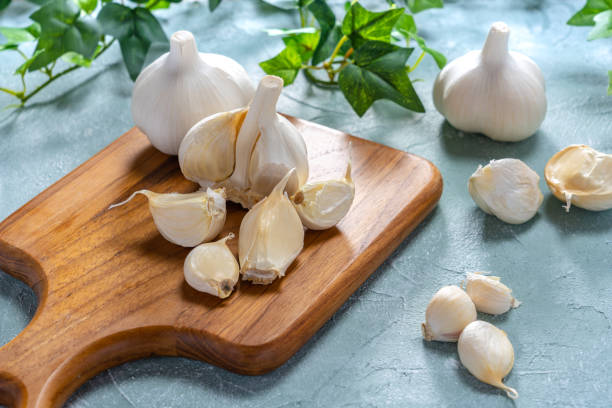
Honey: Honey has anti-inflammatory and antimicrobial properties that can help boost immunity and heal wounds.

Turmeric: Turmeric contains curcumin, a compound with powerful anti-inflammatory and antioxidant effects. Studies suggest that curcumin may help improve gut health and relieve symptoms of digestive disorders like Crohn’s disease and irritable bowel syndrome (IBS).
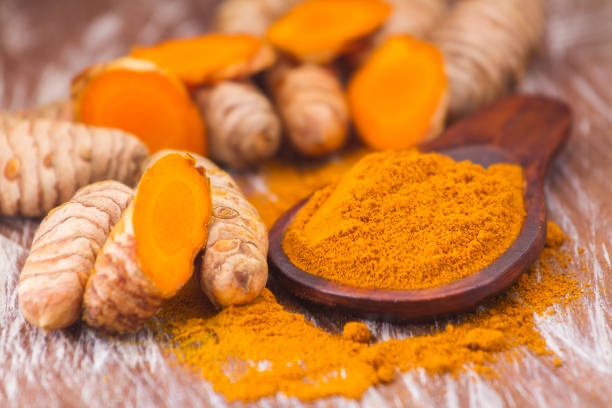
Herbs and spices: Herbs and spices such as turmeric, ginger, garlic, and curry powder, nutmeg have anti-inflammatory properties that can help relieve pain and reduce swelling.
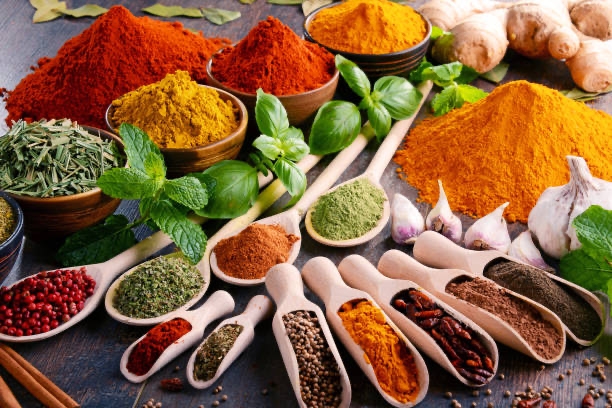
Foods with medicinal elements
There are many foods with medicinal elements that can be added to your diet to improve your health. Some include:
Fruits and vegetables: Fruits and vegetables are packed with vitamins, minerals, and antioxidants that can boost your immune system, fight inflammation, and protect your cells from damage.
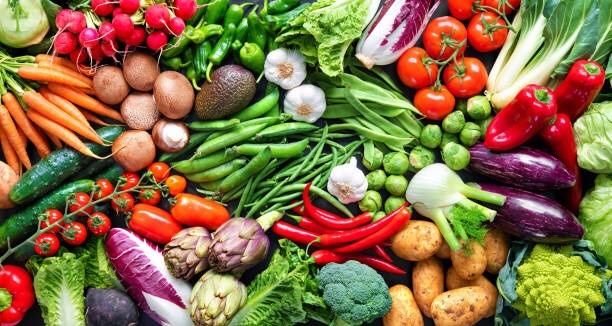
Fish: Fish is a great source of omega-3 fatty acids, which are beneficial for heart health and cognitive function.
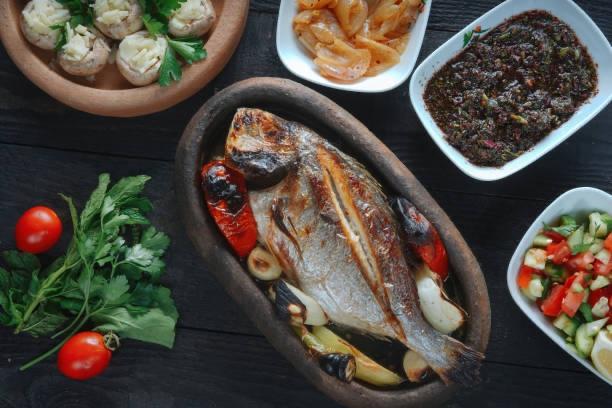
Nuts and seeds: Nuts and seeds contain essential nutrients like vitamin E, magnesium, and potassium that can support a healthy lifestyle. Some examples of nuts and seeds are walnuts, Groundnut, Kolanut, and so on.
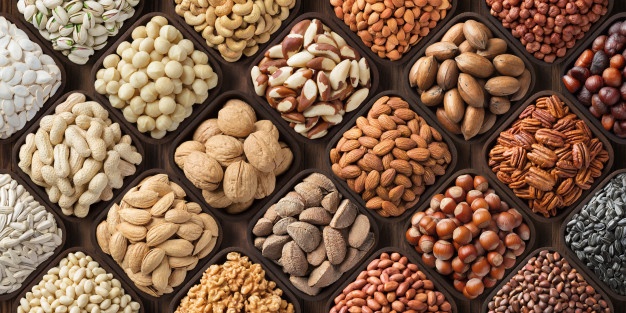
Green tea: Green tea is rich in antioxidants that can protect against cell damage and chronic diseases like heart disease and cancer. It also contains catechins, compounds that may promote gut health by preventing the growth of harmful bacteria.
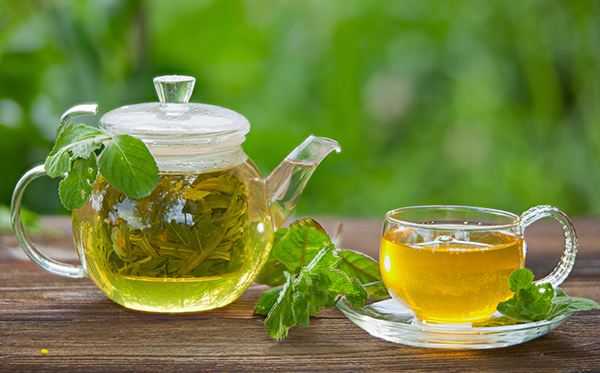
Probiotic-rich foods: Probiotics are live microorganisms that benefit gut health by restoring the balance of good and bad bacteria in the digestive tract. Some examples are yoghurt, Garri, pap, locust beans, and so on.
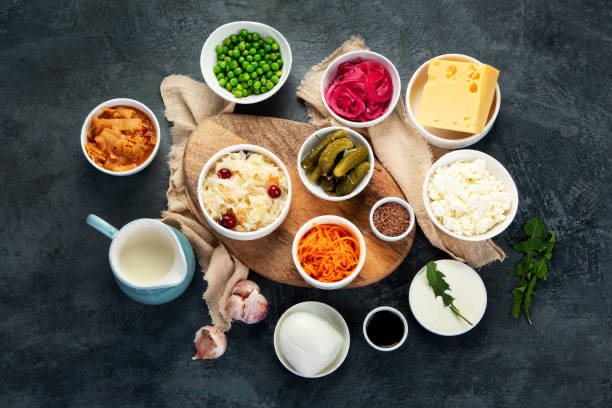
This article was written by Sola Tales
